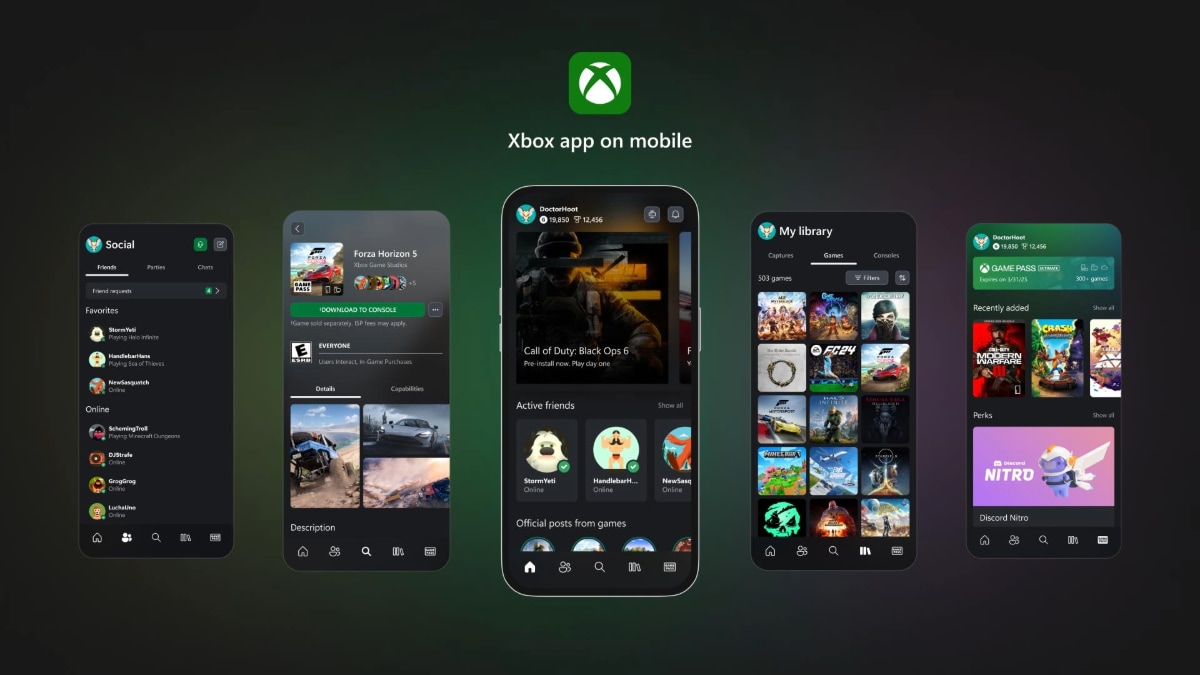Google is developing a new web monetization feature for Chrome that could really change the way we pay online

Google’s monopoly on online search and related advertising may have taken a hit, but that’s just one type of digital market. And Google (of all entities) knows there are many more. Have you ever heard of Patreon?
Google is reportedly developing a new ‘Web Monetization’ functionality for its Chrome browser, and it could potentially lead to a whole host of changes to the way online payments can be made.
On the Internet, many websites that exist for commercial purposes can earn money through advertising and subscriptions. To us, many of these transactions at least appear to be instant, sometimes without a processing fee. However, facilitating these payment processes also costs a pretty penny due to the intermediary services and additional costs that can occur during the digital payment process. This is often the reason why there are eyebrow-raising situations where fees end up being a large part of the money exchanged.

Don’t panic – here’s Google’s proposal
This isn’t Google’s only big move to offer up (and, deep down, replace) some of the browser status quo with its own Google-led alternative. In a new support document Published on the Google Chrome Platform Status site, Google explains that Web Monetization is a new technology that allows website owners to “receive micropayments from users as they interact with their content.”
Google states that it has noble intentions, writing that Web Monetization is designed as a new option for webmasters and publishers to generate revenue directly, without relying on ads or subscriptions.
Google explains that with Web Monetization, users pay for content as they consume it. It has also added a new HTML link element for websites to add to their URL address to indicate to the Chrome browser that the website supports Web Monetization.
If this is set correctly in the website URL, for websites that allow users to set up digital wallets, a new monetization session (for that person) would be created on the site whenever someone visits that website. I am immediately skeptical about monetizing people’s attention any further than it already is, but Google assures us that visitors have control over the entire process, such as choosing which sites they want to reward in this way and how much money they want to spend.
Further, Ghacks explains that this requires websites to have a mechanism that can add funds to a digital wallet, and a mechanism that can manage the sites that each person chooses to financially support. Then Chrome’s Web Monetization will handle the rest, but if you really want to dive into the details, you can check out the technical documentation.
A new way to empty your wallet online?
Perhaps I am going too far with my immediate skepticism about this plan, since Ghacks also notes that this could be a more direct way to make micropayments by removing the middlemen that incur additional fees. This benefit would only increase if you use it for multiple payments, as it removes the requirement for users to pay fees every time they make a payment.
The need for payment service providers will still exist, but it seems that the overall cost of doing business online could decrease with Web Monetization. Whether the companies selling goods and services decide to pass the savings on to users is of course another matter.
There’s also the fact that we’re still learning what it will look like, and there are a lot of unknowns in that regard. If regulators smell a problem, it could suffer the same fate as Google’s Privacy Sandbox (or something even worse), and even after that, Google could lose faith in it for some unrelated reason — remember Google Plus?




